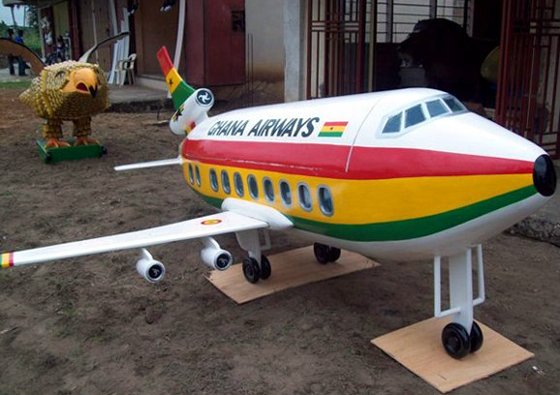For the first time in my life, I finally made it to the Southern Hemisphere this past week! (Sorry it’s been awhile since I have posted, between traveling, getting sick twice, and final exams, life has been “hectic” (as the South African’s would say!) We went and stayed with my boyfriend’s amazing cousins in Johannesburg for a week and got to see all the beauty that is South Africa.
After delays and flights being shifted around, we finally made it to Johannesburg, 6 hours behind schedule and started our journey with our first hot shower in over four months! I thought I didn’t miss hot showers because the weather is too hot in Ghana to take them anyway, but I was wrong. It felt amazing to feel throughly clean again.
Our first day we spent getting haircuts, pedicures, and our eyebrows threaded. To give you an idea of how badly we needed pedicures, our pedicures took longer than our haircuts. (To all the men reading this, pedicures should never take longer than a haircut for a woman with long hair.) When we came home that evening our hosts greeted me by saying, “Angie! I didn’t know you had blonde hair!” A day of rejuvenation was just what we needed! Even now that we have returned to Ghana, our friends have told us we look completely refreshed.
The second day, which happened to be Thanksgiving, we decided to be touristy and do the Big Red Bus tour for Johannesburg. In all my traveling around the world, I have never done a Big Red Bus tour, but I have to admit, it was actually a great experience. The bus took us all over Johannesburg and you could get on or off it at 12 different historical sites around the city. We visited the Apartheid Museum of South Africa, Constitution Hill (a famous prison where people such as a Nelson Mandela were held), SAP World of Beers, and an array of other famous Johannesburg sights all while learning the history of Joburg. The bus tour had an audio component where we learned an array of miscellaneous “fun facts” about the city, such as about the famous murderer Daisy de Melker, a famous murderer who poisoned two of her husbands (who both happened to be plumbers) and her son with arsenic. She was also kept prisoner as Constitution Hill. In the evening we went to a family dinner and celebrated Thanksgiving with South Africans, where instead of turkey we ate delicious lasagne.
Friday was my birthday, so to celebrate we went to the Johannesburg Zoo. Everyone kept telling us not to expect to much, but the zoo was amazing! The only disappointing thing was they didn’t have my favorite animal, the okapi, but not very many zoo’s do so it was to be expected. In the evening we went to the Christmas Market put on by one of the local churches. The market was only happening that weekend so it was convenient that we came then.
 |
| OKAPI! |
Saturday our hosts took us bungee jumping, where we were able to jump off the 100m (336 feet) Soweto Towers. That just slightly longer than an American football field! For the afternoon we went to our cousin’s friends birthday party, which was a blast. All the South Africans we encountered were so friendly. During the thank you speech made at the birthday party, the birthday girl even thanked us for coming so far and meeting her that very day. In the evening we all went out to sing Karaoke and the strangest thing happened. Someone stole my prescription glasses. Fortunately I have theft insurance to cover it, but of all the things someone could steal…
Sunday we went to the Lion and Rhino Park, which is like a mix of a zoo and an African Safari. Rather than walking around and looking at caged animals, you drive around in your car and watch roaming animals. We were even able to go to the predators section where we saw lions, leopards, and wild dogs eat. Yes, for all you Americans reading this, wild dog is an animal here. We even saw some at the zoo.
We got to machine wash all of the clothes we brought for the first time in four months. I thought I was getting better at hand washing everything, but after seeing how much nicer it all looked after coming out of the machine, I realised I was wrong.
It was a jam packed week that couldn’t have happened without our amazing hosts, Matt and Tina. After a 20+ hour layover in Kenya, we made it back just in time to cram for and take our first final exam! Thanks South Africa, for the wonderful week!



































